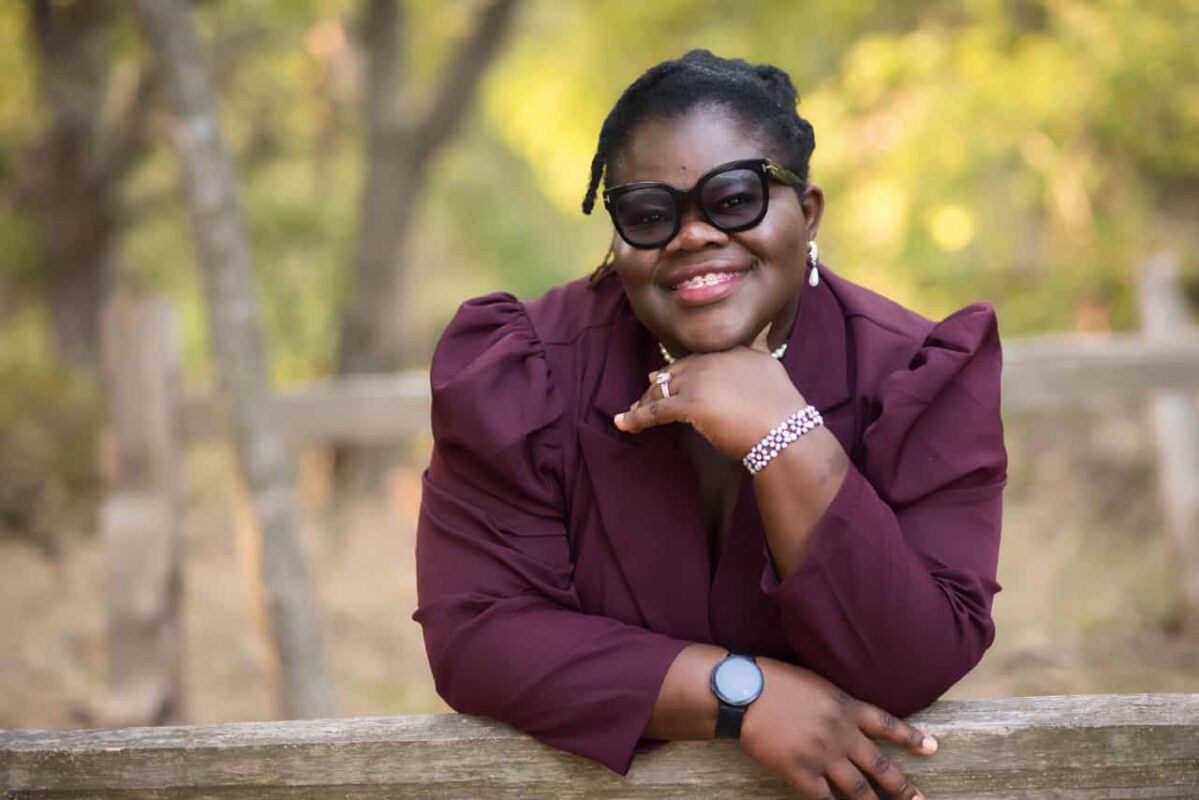I have always been fascinated with cultural exploration.
As a child, my head was always buried in one book or the other, and my favorite kind was the encyclopedia. For their words, pictures, and their good resource for honing a budding research skill, encyclopedias were worth more than weight in gold for the child in me. I also loved watching the TV, especially for how it showcased cultures from around the world. This was before the internet, so real-time information from TVs and print media was something to relish. And in 80s Nigeria, under a repressive military regime, choices for children’s entertainment were slim.’
As the country inched towards a more democratic government, these restrictions were relaxed, and along came imported movies and TV shows to color our black and white TV from 4-6 pm, Monday through Friday, from the UK, Brazil, and India. The Indian ones were the most fascinating, with the OSTs, colorful attires, and the 30-minute-long song and dance intermissions that most struck a chord. Movies like Yeh Vaada Raha (aka Sunita), Nagin, Dus Numbri are cultural landmarks for us 80s Nigerian children, and Sir Amitabh Bachchan was our defacto granddad.
That was how I grew up curious about the different ways people lived and expressed their identity through color, clothing, food, language, and music. My awakened cultural curiosity was also being nurtured right where I was: in Lagos, Nigeria’s one-time capital city and a melting pot of people from across the country striving to make it big. My neighborhood was similarly eclectic, with people of Yoruba, Igbo, and Hausa ethnicities offering me my first foray into cultural exchange via language: being quick to pick up colorful language provided valuable ammunition against bullies.
My cultural curiosity was further amplified in high school. Federal Government Girls’ College (FGGC) Oyo was one of many “Unity Schools” nationwide, established to foster national unity by bringing together students from across the country. In our boarding house bubble, we could interact freely with one another, and I made friends across diverse cultures, some still close over two decades later.
Later, during summer break in college, I spent holidays attending a French immersion school in a bid to rekindle my love for the language cultivated in high school. Again, I worked hard at attaining proficiency and even gathered with fellow French learners every July 14 to celebrate Bastille Day at the France embassy in Lagos. But my reading, writing, listening, and even praying attempts remained at a lower-to-mid intermediate level, and my speaking even worse. I simply couldn’t roll my ‘r’s right. Finally, I gave up in my seventh year, convinced I didn’t have a penchant for language learning.
With college also came a revival of my love for movies, especially the Indian variety. My roommate was obsessed with Hrithik Roshan, so naturally, I tagged along. This was good timing as the Indian movies of old with their ultra-conservative plots had given way to more modernistic ones. As a result, the stories were more relatable, and the songs catchy as ever. I would get married years later dressed in colorful salwar kameez together with my girlfriends – an idea my groom wholly accepted.
In 2011, I moved to the US for grad school, and one of my very first friends was a colleague from Rajasthan, North India. We bonded quickly over shared interests: culture, tech, mutual hatred for iOS and its derivatives, and love of nerdiness, statistics, movies and film, food and each other’s culture. She remains the only vegetarian I know with better taste in food than I.
In grad school, I worked as a summer intern for a biotech firm in Boston and shared an apartment with a coursemate who also got into the program. She happened to be Korean and had this rice cooker that always had hot rice ready on-demand whenever we got back from work. Of course, this piqued my interest, and soon enough, we got talking about our countries. I came to realize how much we had in common: love of country, semi-neurotic moms, familial piety, food, and the immigrant experience.
Then she also invited me to watch a Korean Netflix series with her. I turned this down at first due to the distraction of having to read the translations simultaneously. I didn’t know this then, but it would become one of several micro-reasons that shaped my eventual decision to learn the language.
After grad school, like most other educated US immigrants, I was waiting for my visa status change before I could resume my new job. Then along came an email from Coursera about learning Korean online via a Korean university correspondence course. So, with time on my hands and still feeling the rush from just bagging a Ph.D. degree, I jumped in that night with both feet and laptop in hand, had learned the Korean characters one hour later. I felt like I had just got a key into another universe, like a child on Christmas day unwrapping endless gifts. I remember feeling like I was waking up from a dream the next day and proceeded to read Korean characters I had just Googled.
I couldn’t decipher the meaning of these words, but to my surprise, I could phonetically sound them. My obsessive nature (especially with learning) meant I would spend the next three months soaking up all I could via games, online classes, podcasts, books, juice cartons, TV shows. In a short while, I was no longer a beginner. I could carry on short conversations in Korean. Even TV shows now required a little less dependence on translations. But being self-taught meant the output portion of language acquisition (speaking and writing) which requires interaction needed more work.
That was when I made my best decision yet: I found a language school nearby. The teacher taught in a very robust way, incorporating current events and Korean culture into the lessons. This, I finally realized, was what was missing in my French expedition; there was no fusion of French culture into my learning experience then. Also, because my current Korean class had a mixture of learners at different stages, I found myself in the sweet middle spot – not as advanced as some learners but certainly not too wet behind the ears either. I was able to leverage this to my advantage – co-teaching the latter and having freestyle conversations with the former. I would later be proficient enough to be a substitute Korean teacher at the school.
When COVID hit, the school had to close down, but that didn’t deter me one bit. Instead, I swapped my in-person classes for an online one (which later turned out to be a front for a religious cult), read more books, watched Korean TV shows, and joined an online cultural exchange program where I paid for a weekly conversation class with a Korean tutor.
Then it happened. Amid my learning frenzy, as I neared the dreadful intermediate level where everything is denser, I began to lose my steam and confidence. I felt like an imposter for daring to embrace a foreign culture. Luckily, my Korean friends encouraged me and gave me the impetus to go on. Then, as if to solidify my Koreanophile status, I was given a Korean name – 미영 /mi-Yeong/, beautiful and talented, which I continue to try to live up to in my purpose and passion. I also began a writing streak on a Korean language subreddit on Reddit, and as I write this, I am on day 212!
There are many things I love about the Korean language. Learning it has opened up local knowledge about the culture as well as empowered me to be a cultural Sherpa for others around me. I love its scientific robustness, consistency, simplicity, and just the joy I get simply from using it. As a Nigerian, I keep exploring the economic development of South Korea’s relative to my country’s in a bid to see lessons that can be gleaned. The confidence gained from learning Korean served as one of the catalysts in launching my cultural podcast – The More Sibyl Podcast – which is currently in its 4th season and listened to in 90 countries.
To anyone wanting to learn another language, engage with as many speakers as possible, get truly curious about the culture it comes from, and use a diversity of media to supplement your learning experience. Most of all, don’t be afraid to look and sound stupid.
The best learning, after all, is on the other side of what looks like shame but is really just the feeling of beginning.
PS: Mo! Is also the host, producer, and interlocutor of The More Sibyl Podcast (www.mosibyl.com; @themoresibylpodcast). A weekly podcast for Blacks and Asians and those who love them. It is a platform about culture against the backdrop of important issues such as acculturation, travels, mental health issues, heart stories, and so much more. In her day job, she works as an assistant professor of pharmacy conducting research in lupus and prostate cancer and lecturing PharmD and graduate students.


“Reading can take you places you have never been”
Girl you have lived!
Haha! Thank you! 🤗